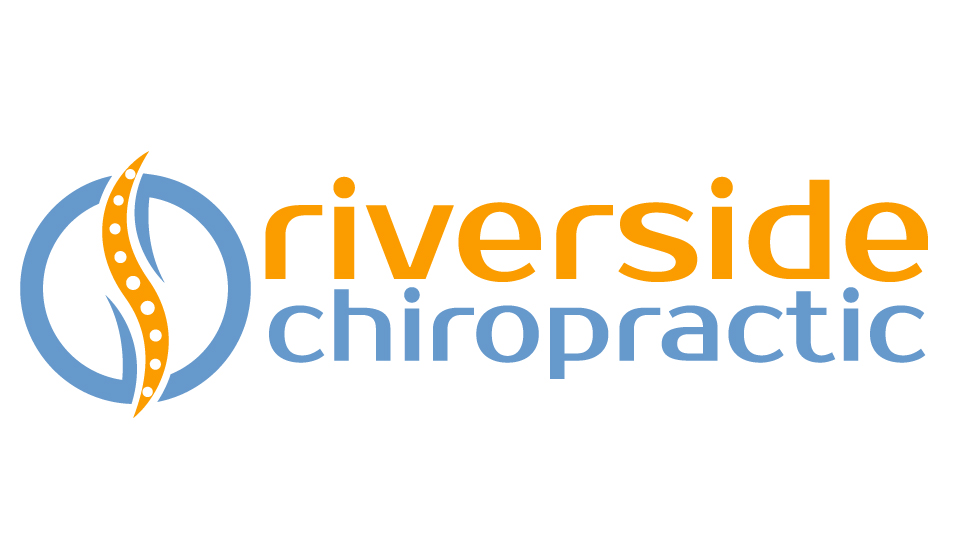Many people think of health as the absence of disease – the absence of pain, illness or an active diagnosis such as diabetes, high blood pressure, or cancer. It’s the opposite: disease is the absence of health just like darkness is the absence of light.
If a person is overweight, they’re more likely to develop a major illness (1) but being thin doesn’t mean you’re healthy either.
If someone gets diagnosed with cancer, the medical or allopathic model is to ‘fight’ the disease, ‘kill’ the cancer. Sounds good, right? But what caused the cancer? What made those cells in become cancerous? Doesn’t it make sense to also engage in strategies to become healthier? Better yet, employ those strategies to prevent a disease?
Human physiology usually doesn’t make mistakes – when there is high blood pressure, high blood sugar, obesity, heart attack, autoimmune disease, cancer – whatever – there’s a reason for it, it’s not a mistake, the body isn’t making an error. Only 10% of cancers are genetic (1) and your lifestyle can switch on or off certain genes. It's not known exactly why autoimmune diseases develop, although most people who have an autoimmune disease have a genetic predisposition. An environmental factor such as an infection, stress, medication, diet or even ultraviolet radiation then triggers the symptoms of the autoimmune disease. (2)
The body is merely adapting to its environment; your body’s environment is determined by your lifestyle choices.
The reason for a condition – a ‘dis-ease’ – is a lack of health: an overwhelming influence from behaviours (stress, lack of sleep, sedentary lifestyle), and/or environmental input (poor diet, toxicity) that mess around with how our bodies are supposed to work, thereby causing cell function to deteriorate along with ‘health’.
Having a fever is not a sign that you’re ‘sick’; it’s a sign that your body is engaging in a healthy, appropriate response to an infection. Taking paracetamol or anti-inflammatories to reduce a fever is actually counterproductive to your body’s immune response. Your body is heating up to kill the invader.
How do we define health?
Let’s start with optimal cell function. The human body has 100 trillion cells. Each and every one of them has requirements in order to function optimally eg nutrients & water, science has shown us this.
Therefore, our bodies have requirements to function optimally, to be healthy.
To be healthy, one must provide the elements necessary for the cells, organs, and organ systems within the body to function optimally.
Things such as sufficient and quality sleep, an abundance of the correct dietary nutrients, water and regular movement, to name but a few. How are you going with creating the right environment for your body? Your chiropractor can help guide you along your journey.
1. Health Effects of Overweight and Obesity | Healthy Weight, Nutrition, and Physical Activity | CDC
2. The Genetics of Cancer - NCI
3. Overview of autoimmune diseases | healthdirect


